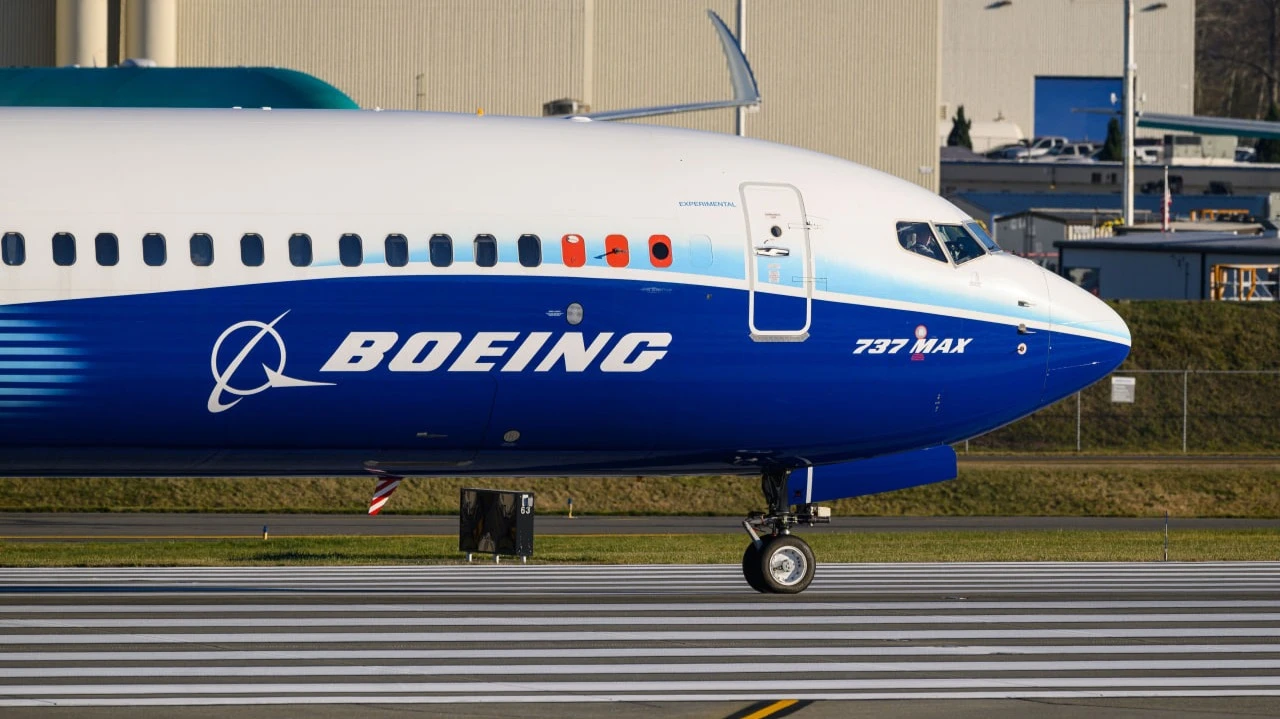Analysts have renewed faith in Boeing: shares at yearly highs ahead of report
Wall Street's expectations for the aircraft maker's stock rise to its highest level since Jan. 2024

Investors and analysts have renewed their faith in Boeing: the company's shares hit 52-week highs and the share of "buy" recommendations rose to the highest level since 2023, Barron's noted. The market is waiting for the quarterly report and inspection of the specialized regulator, which should show how successful the restart of the aircraft maker after a series of accidents and production problems.
Details
Wall Street's consensus target for Boeing shares has risen from $183 to $274 since the beginning of 2025, which is the maximum since January 2024, according to FactSet data, which is cited by Barron's. The attitude to the shares of the aircraft manufacturer is now the most positive in recent years, notes the edition. The number of recommendations to buy has also increased: now about 71% of analysts advise to invest in the company's securities. For comparison, at the beginning of the year there were only 52% of such analysts, and the average figure for the S&P 500 is about 55%, writes Barron's.
Investors have also gained confidence in Boeing's efforts to improve quality and manufacturing processes, the publication notes. On Wednesday, July 23, shares of the aircraft maker reached 52-week highs, adding about 31% since the beginning of the year. At the pre-market on Friday, July 25, the company's securities traded in a small plus.
All this is happening ahead of the publication of Boeing's quarterly report on July 29. Investors will be interested in how the "restart" of the company is progressing, Barron's predicts.
What's going on with the company
The share of "buy" recommendations on Boeing stock is now the highest since December 2023. That was the last month before the accident in which an Alaska Air 737 MAX jet ripped out its emergency exit plug during flight, creating a hole in the hull. Afterward, the Federal Aviation Administration (FAA) limited the number of airliners Boeing can produce to 38 per month while the company works to improve assembly quality.
On Thursday, July 24, the regulator stated that Boeing has not yet asked it to lift the limit. The FAA will need to conduct a review of the manufacturer's supply chain before making such a decision.
On June 12, more than 200 people were killed in a plane crash in India, the first crash of a Boeing-made Dreamliner. The investigation is still ongoing. According to a preliminary report, investigators did not find significant malfunctions of the plane or its engines, but described a known feature of another Boeing model that theoretically could have caused a fuel cutoff. A little later, WSJ sources reported that it was the aircraft commander who cut off the fuel supply on the crashed airliner.
Without waiting for the results of the investigation, Rothschild & Co Redburn in late June improved its rating on the aircraft maker's stock. "Boeing's situation seems to be unfolding in a more positive direction and the company looks healthier. Improved financial performance, corporate culture, manufacturing processes and strategy, coupled with accelerating airplane production, should allow the stock to reprice in the market. Our confidence in the recovery has strengthened in recent months and we see upside potential relative to current forecasts that exceeds any possible downside risks," analyst Olivier Brochet wrote at the time.
He believes Boeing will be able to ramp up production to meet steady demand for its airliners, but it must go hand in hand with improved safety and accountability.
July 24, Taiwan-based KGI Securities analyst Fan-Jen Tseng upgraded Boeing from a "hold" rating to a "buy" rating, Barron's reports, indicating that he was unable to review the reasoning. The analyst set the target price at $266, suggesting a 15% upside potential.
This week, Boeing reiterated Jefferies, raising its target to $265, as well as UBS. Morgan Stanley maintained a cautious approach with an Equal Weight rating ("Market Perform"), but adjusted the target price from $200 to $235, explaining that the aerospace supply chain continues to recover, Boeing's manufacturing is gaining momentum, and demand for air travel remains strong.
This article was AI-translated and verified by a human editor
